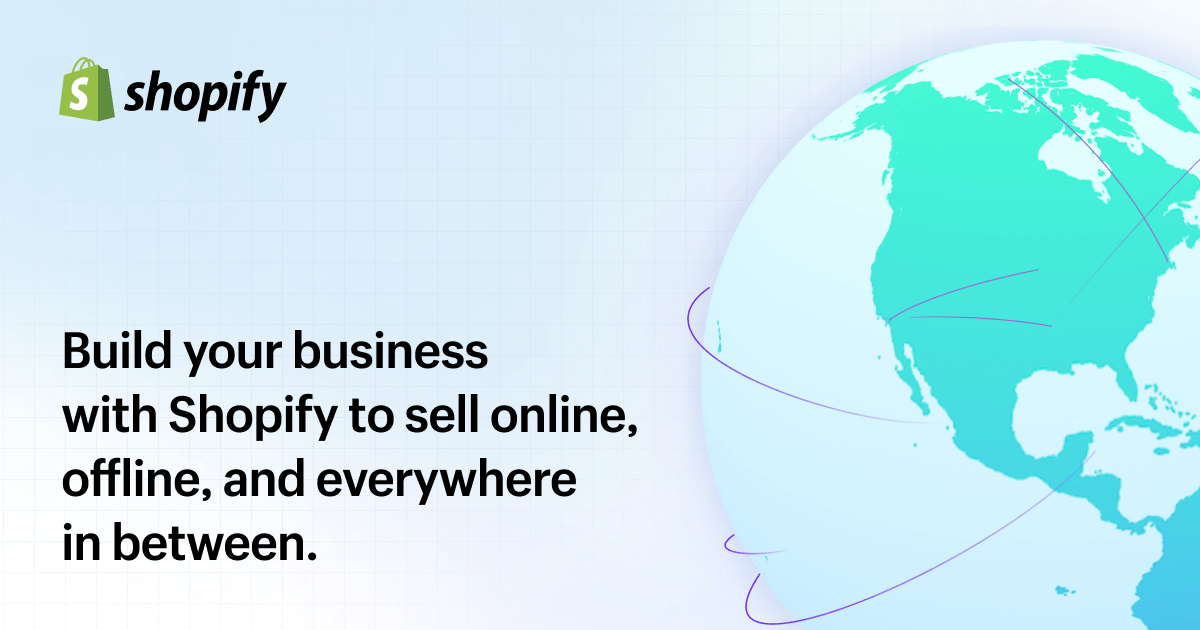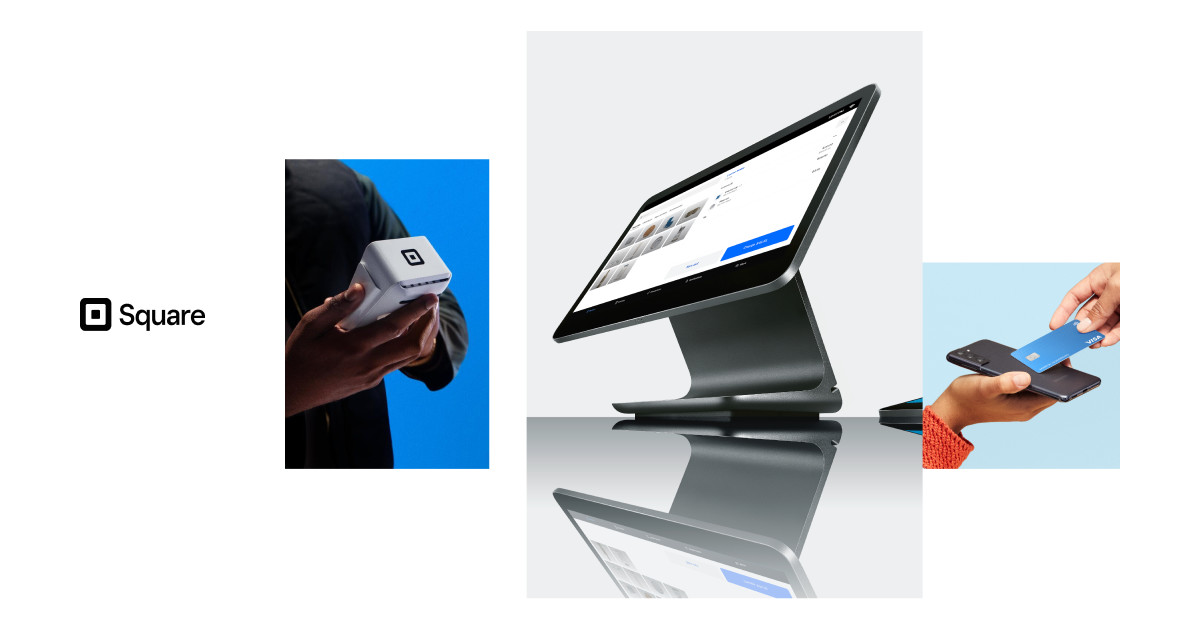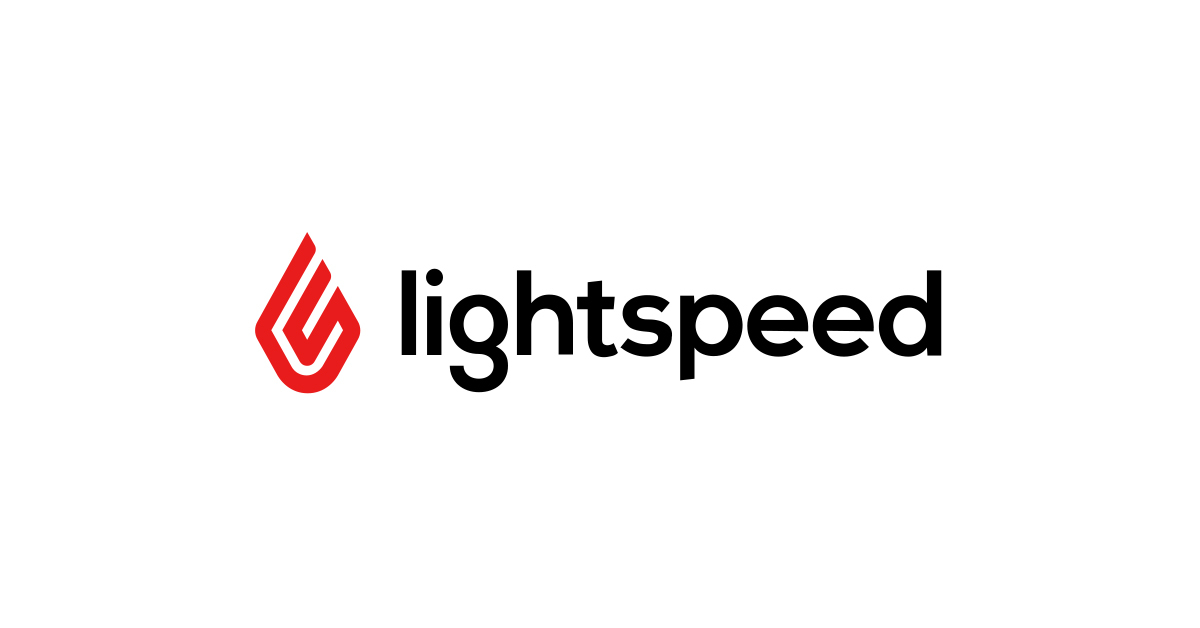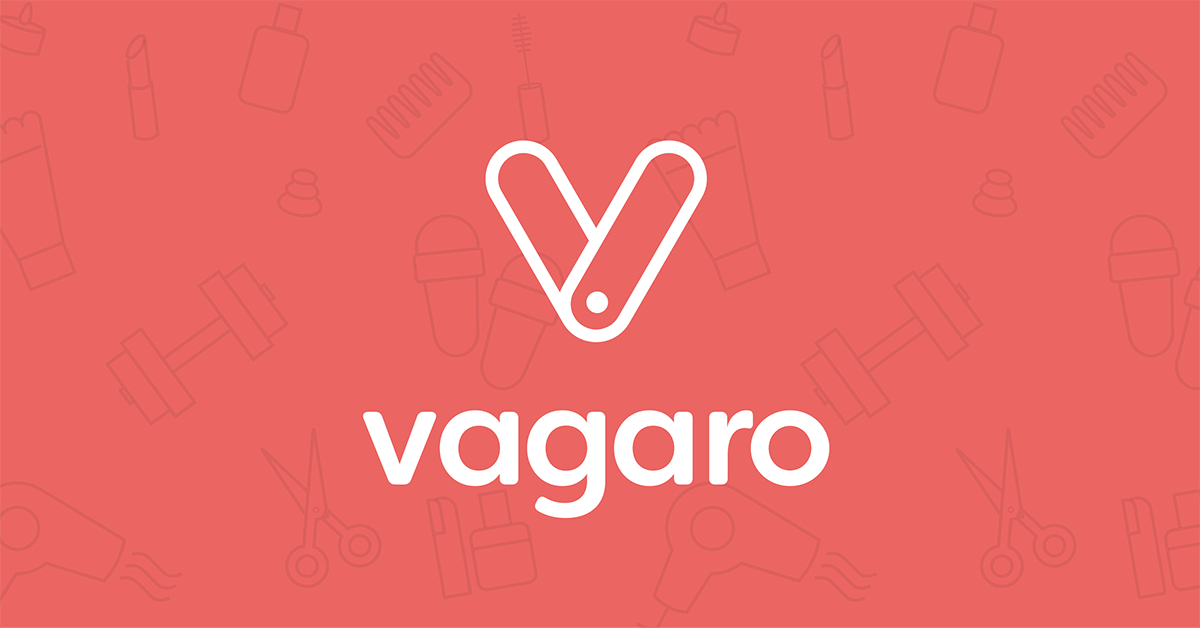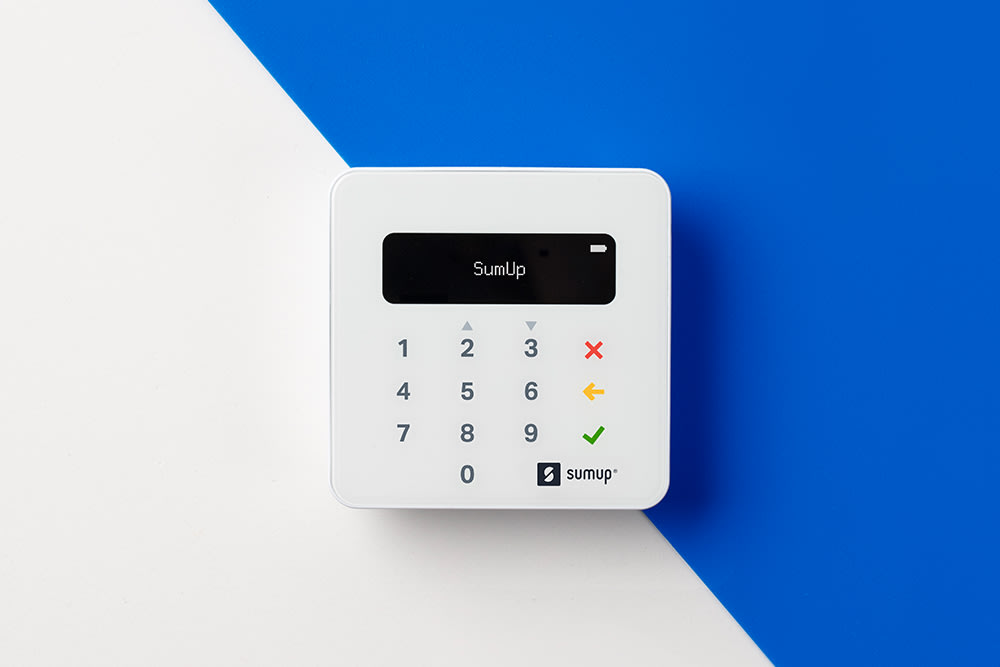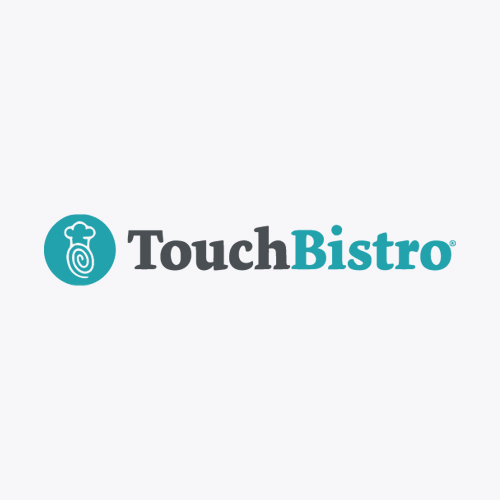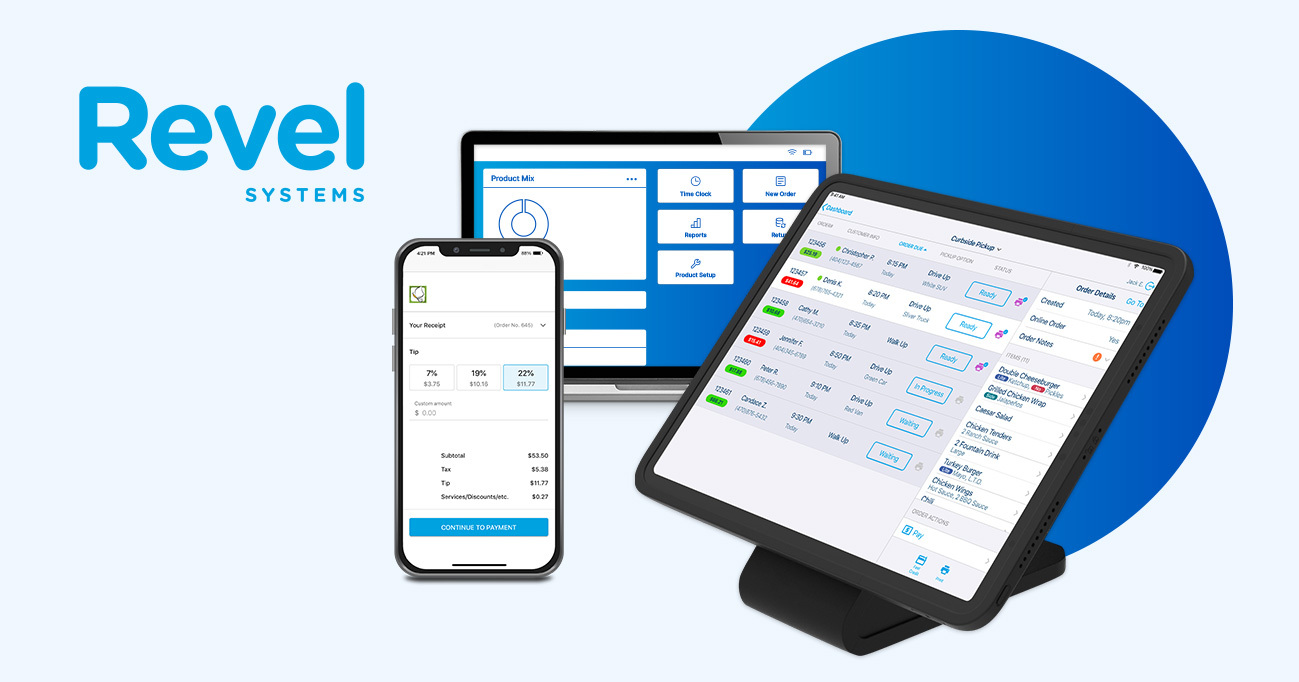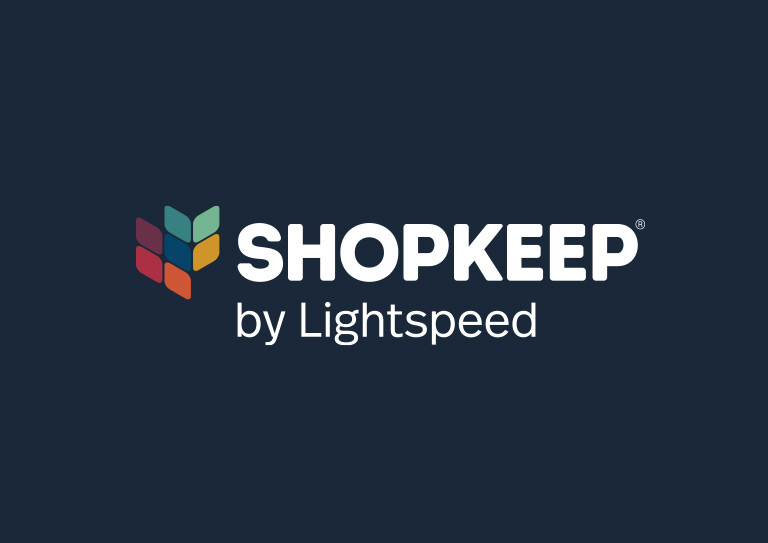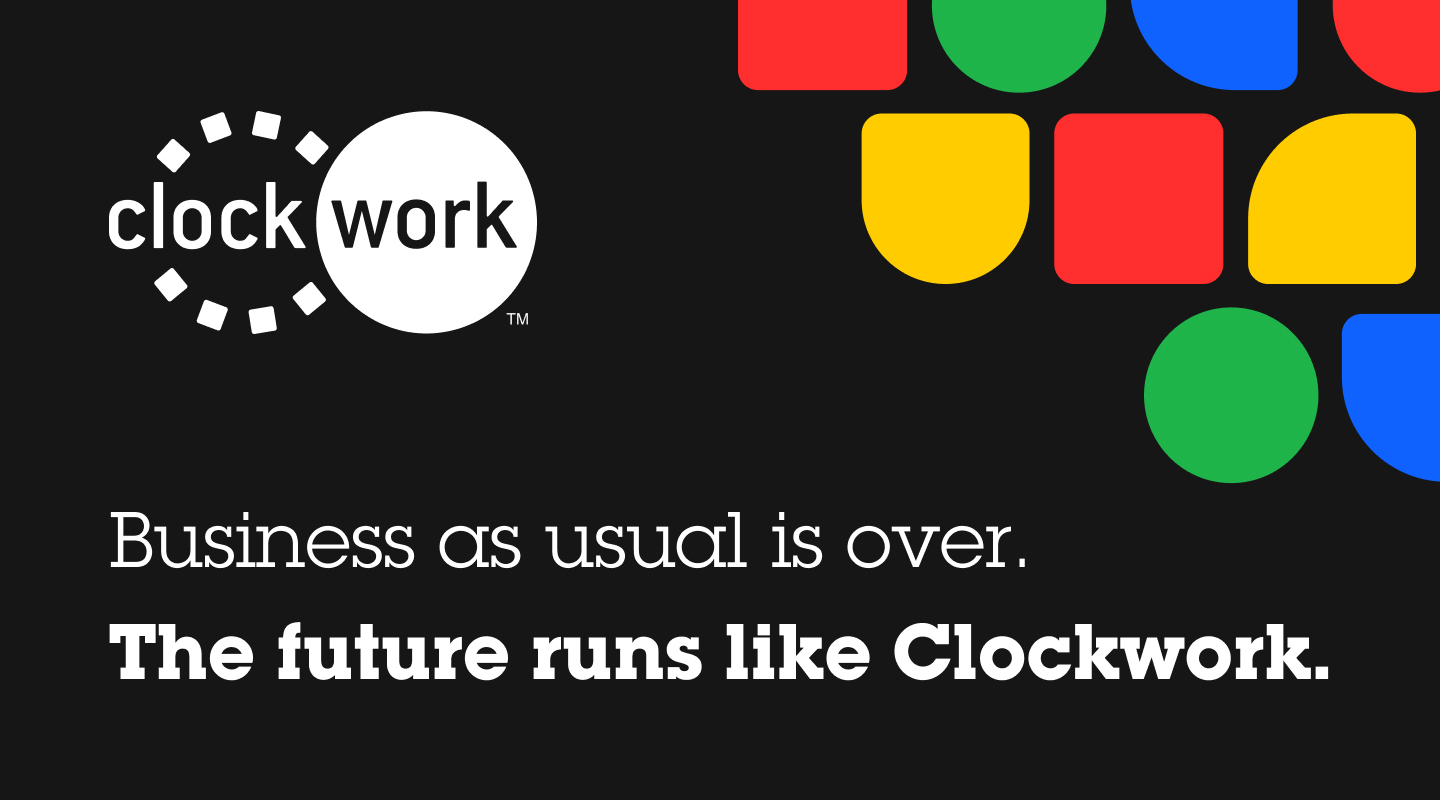Introduction
As more businesses look to offer omnichannel shopping experiences and payment options, upgrading from a basic cash register to a full-featured point-of-sale (POS) system has become a necessity. However, many small business owners are wary of investing in new technology without knowing if it will provide a good return. That’s where free POS software comes in – it allows entrepreneurs to digitize sales and operations without an upfront cost commitment. In this blog post, we evaluate the 15 best free POS software solutions based on functionality and features to help you choose the right option for your specific business needs.
Methods of Evaluation
To determine the top 15 free POS software programs, each solution was evaluated based on the following conventional criteria: features and functionality, ease of use, supported devices and platforms, customization options, and integrations. However, modern rankings also take into account less tangible but equally important factors like the number of backlinks, monthly traffic, and keyword search trends – all of which can indicate the level of market popularity and traction a company has gained. By considering both traditional evaluation methods alongside these new digital metrics, the results aim to highlight the most well-rounded and proven free POS solutions on the market.
1. Shopify POS
Shopify POS is point-of-sale software developed by Shopify that allows merchants to accept payments both in-person and online. In addition to handling sales and payments, Shopify POS integrates seamlessly with Shopify’s ecommerce platform to provide a unified commerce experience across physical and digital storefronts.
Pros: Key advantages of Shopify POS include:
– Unified commerce experience between physical and online stores
– Real-time inventory and order synchronization
– Omnichannel functionality allowing orders to be placed both in-store and online
– Robust reporting and analytics on sales performance
Cons: A potential disadvantage is that Shopify POS requires a Shopify merchant account to use since it tightly integrates with the Shopify ecommerce platform. It may not be suitable for businesses not already using Shopify.
Pricing: Shopify POS pricing starts at $79 per month for standard plans including basic hardware. Additional fees apply for hardware upgrades or premium add-ons. No long term contracts required.
Some key stats about Shopify POS include:
– Used by over 1 million merchants worldwide
– Integrates with Shopify’s ecommerce platform used by over 1 million merchants
– Supports major payment types including credit cards, cash, gift cards, etc.
– Available as both card reader hardware and mobile POS app
2. Square POS
Square POS is a free point of sale system developed by Square, Inc. to help businesses accept card payments and manage sales, inventory, and customers. Square POS works with both iPhone and Android devices to allow businesses to accept payments anywhere. Square offers free POS hardware bundles that include an iPad, card reader, and receipt printer to help small businesses get started with their system.
Pros: Some key advantages of Square POS include:
– It’s free to use the basic software and card processing rates are competitive
– Robust payments ecosystem allows merchants to get paid faster through Square payments
– Integrated inventory management makes it easy to track sales and inventory levels
– Easy to use touchscreen interface adapts to Apple or Android devices
Cons: One potential disadvantage is that additional features like reporting, loyalty programs, and employee management require paid subscription plans.
Pricing: Square POS is free to download and use for basic point of sale functionality. Card processing rates average around 2.6% + $0.10 per swipe. Additional subscription plans like Square for Retail start at $60 per location/month and unlock more advanced features.
Some key stats about Square POS include:
– Used by over 6 million businesses worldwide
– Processes over $200 billion in annual transaction volume
– Can accept all major credit and debit cards along with contactless and digital wallets like Apple Pay
– Integrated payments platform allows businesses to get paid the same day via ACH deposit
3. Lightspeed POS
Lightspeed POS is a cloud-based POS and business management software developed by Lightspeed HQ. They offer an all-in-one POS system designed to help retailers, restaurants and golf shops manage their operations and engage with customers across physical and digital stores.
Pros: Key advantages of Lightspeed POS include: Omnichannel support for online and physical stores, Robust loyalty and discount programs, Supports multiple languages and currencies, Integrated payments processing, Inventory management, Customizable reporting and analytics
Cons: One potential disadvantage is that the pricing can be higher compared to some other POS systems, especially for very small businesses just getting started.
Pricing: Lightspeed POS pricing starts at $49 USD/month for a basic plan and scales up based on additional features and transactions. They also offer customized enterprise plans for large retailers and restaurants.
Some key stats about Lightspeed POS include: Used by over 80,000 businesses globally including major retailers like Kendra Scott and athletic brands like Lululemon. Integrates with over 150+ payment gateways and services like Amazon Pay, Shopify, and Square. Supports over 15 languages and 30+ currencies out of the box.
4. Vagaro
Vagaro is a free point of sale (POS) software for small salons, spas and fitness studios. Founded in 2009, Vagaro aims to help professionals like hairstylists, estheticians, massage therapists and personal trainers grow their business through online booking, marketing and client management tools. Vagaro is used by over 70,000 businesses in 14 countries.
Pros: Key advantages of using Vagaro include:
– It’s free to use for basic functions, making it an affordable POS option
– Online booking allows clients to book appointments 24/7 from any device
– Marketing and client management tools help businesses acquire and retain customers
– Integrations with payment processors for seamless transaction processing
– Calendaring and schedule management helps businesses stay organized
Cons: A potential disadvantage is that the free version has some limitations for businesses with over 5 staff members who may need additional features of the paid plan.
Pricing: Vagaro offers a free Basic plan for sole proprietors and teams of up to 5 users. For additional features and support, upgraded Professional and Premium plans start at $39/month.
Some key stats about Vagaro include:
– Free POS system for businesses with up to 5 staff members
– Used by over 70,000 salons, spas and fitness studios worldwide
– Supports online booking, payments, inventory and more
– Integrates with payment processors like Stripe and PayPal
5. SumUp POS
SumUp POS is a free point-of-sale solution for card-present transactions developed by SumUp. SumUp is a fintech company headquartered in London that provides affordable payment solutions and POS systems to over 4 million small businesses worldwide.
Pros: Key advantages of SumUp POS include:
– It’s completely free to use for card-present sales
– Payments are processed instantly through integrated SumUp payment links
– Multi-location management through a single account
– Robust reporting and analytics on sales performance
Cons: One potential disadvantage is that while the POS software is free, additional card readers and services may require monthly or per transaction fees depending on the package.
Pricing: SumUp POS is free to use for basic card-present transactions. Additional services like swiped and contactless card readers start at $29 with transaction fees from 1.75%. Premium packages with advanced features have monthly fees from $29.
Some key stats about SumUp POS include:
– Used by over 4 million businesses globally
– Supports card-present transactions using SumUp readers
– Integrated payments processing through SumUp accounts
– Tablet and mobile compatible POS app
6. Vend
Vend, now known as Lightspeed, is a leading point of sale and retail management software. Founded in 2005, Vend provides inventory management, e-commerce, and business analytics tools to help inventory-based retailers optimize their operations. With over 35,000 customers globally, Vend helps retailers streamline processes, increase sales, and get a complete view of their business. Some key capabilities include integrated POS, inventory management, sales tracking, reporting and analytics, and omnichannel retail functionality.
Pros: Key advantages of Vend/Lightspeed POS include:
– Integrated solution that combines POS, inventory, and e-commerce in a single platform
– Robust reporting and analytics dashboards for data-driven insights
– Omnichannel capabilities to support both in-store and online sales
– Customizable and scalable for businesses of all sizes
– Excellent support and customer success team
Cons: A potential disadvantage is the upfront and ongoing subscription costs, which can be prohibitive for some very small businesses. However, Vend does offer affordable starter plans suitable for most independent retailers.
Pricing: Vend offers flexible and scalable pricing plans starting from $79 per month for a basic single-user plan. Additional fees apply for hardware, installations, and professional services. Premium plans with additional features are priced upwards of $149 per month. Vend also partners with equipment vendors to provide POS hardware packages inclusive of software and support.
Some key stats about Vend/Lightspeed include:
– Over 35,000 customers globally
– Serves retailers across 12 countries
– Supports over 35 different languages
– Processes over $30 billion in annual retail sales
– Named one of Canada’s top growing companies multiple times
7. Phorest Salon Software
Phorest Salon Software is a leading salon management and booking software created specifically for hair and beauty professionals. With over 9,000 salons, spas and barbershops using Phorest globally, it is one of the most popular salon software options on the market.
Pros: Some of the key advantages of Phorest Salon Software include being designed specifically for the needs of salons and spas, providing tools for appointment booking, client management, and inventory tracking, and helping businesses analyze their performance with detailed business reports.
Cons: As an all-in-one salon management system, Phorest does not offer a free version – there are costs associated with subscriptions. However, it aims to be affordable for most small to medium-sized salons and offers a free 30-day trial.
Pricing: Phorest offers monthly and annual subscription plans starting from $49 per month for a single user license. Pricing scales up based on the number of users and features required. All plans include onboarding and setup assistance from their dedicated customer success team.
Key features include appointment booking, client history and profile management, inventory and purchase orders, payroll and team management, and business reports and analytics to help you analyze performance and areas for improvement.
8. TouchBistro
TouchBistro is a restaurant POS and management system designed specifically for the foodservice industry. Founded in 2012 and based in Toronto, Canada, TouchBistro offers an all-in-one solution to help restaurants digitally transform, streamline operations, and enhance the guest experience.
Pros: Some key advantages of TouchBistro include:
– Leading restaurant POS specially designed for digital ordering.
– Seamless tableside ordering and payment capabilities.
– Customizable menus and inventory controls.
– Integrated loyalty and rewards programs.
Cons: A potential disadvantage is that TouchBistro is primarily designed for dine-in restaurant environments and may not be as suitable for quick-service restaurants or food trucks.
Pricing: TouchBistro offers several pricing plans starting from $79/month for a basic plan with single-user access and up to $299/month for an enterprise plan with additional features and support. Pricing is based on the number of terminals and includes software, hardware, and support.
Some key stats about TouchBistro include:
– Used by over 20,000 locations worldwide
– Integrated with delivery service partners like UberEats, Doordash, and GrubHub
– Processes over $10 billion in annual sales
– Features tableside ordering capabilities on iOS and Android devices
9. Revel Systems
Revel Systems is a leading cloud-based POS system for retailers and restaurants. Their POS software allows businesses to manage operations, sales, inventory, employees and more from any web-enabled device. With Revel, businesses can access their data and reports from anywhere.
Pros: Key advantages of Revel Systems include: Top rated retail and restaurant POS software. Flexible hardware and inventory options. Robust reporting and analytics dashboards.
Cons: One potential disadvantage is that the software is cloud-based, so businesses need a reliable internet connection to use it fully.
Pricing: Revel Systems offers several flexible pricing plans starting from $79 per month. Plans include features like unlimited users, support and training. Premium configurations with additional hardware integrations and services are also available for larger businesses.
Some key stats about Revel Systems include: Over 15,000 customers globally in over 40 countries. Support for multiple sales channels including web stores, mobile shopping carts and loyalty programs. Integrations with over 150 third party services including major accounting and payment processing platforms.
10. ShopKeep
ShopKeep is a cloud-based POS system designed for restaurants and retail stores. Originally founded in 2009, ShopKeep has grown to support over 25,000 locations globally. In 2021, ShopKeep was acquired by Lightspeed to strengthen their retail and hospitality portfolio. ShopKeep allows businesses to manage orders, inventory, employee management and payments all from one centralized system.
Pros: Some key advantages of ShopKeep include:
– Flexible menu and inventory management tailored for restaurants and retail stores
– Integrates seamlessly with major delivery services like DoorDash, GrubHub, and Uber Eats
– Multi-location tools for managing employees and reports across multiple storefronts
– Cloud-based for easy remote access and management from any device
Cons: A potential disadvantage is ShopKeep is primarily point-of-sale focused without robust inventory or CRM capabilities compared to more full-featured retail management systems.
Pricing: ShopKeep offers tiered pricing plans starting from $79 per month for basic plans up to $299 per month for advanced retail and hospitality solutions. Additional fees apply for payment processing and hardware. All plans include 24/7 customer support.
Some key stats about ShopKeep include:
– Supported in over 25,000 locations globally
– Integrates with over 100+ Third party systems including major online ordering and delivery platforms
– Secures over $150 billion annually in card payments
– Provides 24/7 support for all customers
11. BeeBole POS
BeeBole POS is point of sale software created by BeeBole to help businesses manage orders and transactions. It’s a full-featured POS system that offers both basic free and paid plans.
Pros: Key advantages of BeeBole POS include:
– Basic POS functionality is free for 1 user, allowing businesses to try it without commitment
– Table management features to help restaurants seat customers and track open/closed tables
– Integrations with popular loyalty programs to reward repeat customers
Cons: The main disadvantage is that multiple user access or advanced features require an upgrade to one of the paid plans starting at $39/month.
Pricing: BeeBole POS offers:
– Basic plan: Free for 1 user
– Standard plan: $39/month for 3 users
– Premium plan: $79/month for 10 users
Some key stats about BeeBole POS include:
– Used by over 1000 companies in 60 countries worldwide
– Available in 11 different languages to support businesses globally
– Offers a 30-day free trial without requiring a credit card upfront
12. Lavu
Lavu is an all-in-one restaurant management platform created specifically for small to medium sized foodservice operations. The platform provides a fully-featured iPad point of sale system along with integrated inventory, staff scheduling, loyalty programs, and business analytics to help restaurants run more efficiently. Lavu aims to be easy to use and affordable for growing independent restaurants.
Pros: Key advantages of Lavu include:
– All-in-one platform for running your entire restaurant business from one dashboard
– Full featured iPad POS system that is intuitive for both staff and customers
– Integrated loyalty programs to reward repeat customers
– Robust inventory management to reduce food waste and labor costs
– Staff scheduling tools to simplify labor planning
Cons: One potential disadvantage is that Lavu is primarily designed for independent restaurants rather than large national chains due to its pricing structure.
Pricing: Lavu offers affordable monthly pricing plans starting at $99/month for a single iPad terminal. Additional iPads are $49/month each. Plans include full access to all features like inventory, reporting, scheduling, and online ordering. No long term contracts required.
Some key stats about Lavu include:
– Used by over 10,000 restaurants worldwide
– Integrates with over 50 third party services like online ordering platforms and accounting software
– Customizable floor planning and layouts to match any restaurant design
– Real-time reporting and analytics to track sales, labor costs, inventory, and more
13. Clockwork
Clockwork is a point-of-sale (POS) software designed for small businesses. Their free starter POS offers basic functionality to help businesses manage sales, inventory, and customers without upfront costs. Clockwork was founded in 2009 and is based in San Francisco, California.
Pros: Some key advantages of Clockwork’s POS software include:
– Free starter POS plan for basic functionality with no contractual commitments
– Customizable screens and workflows to match each business’ unique needs
– Real-time inventory management to avoid stockouts
– Omnichannel functionality to sync online and physical store sales
Cons: One potential disadvantage is that the free starter plan has limited functionality compared to the premium paid tiers. For some very small businesses, the basic features may be enough but growing businesses will likely outgrow the starter plan.
Pricing: Clockwork offers three pricing tiers:
– Free starter POS – Basic functionality for up to 3 employees. $0/month.
– Professional – Adds invoicing, customers, loyalty programs. $25/month per active user.
– Advanced – Full featured with support. $50/month per active user.
Some key stats about Clockwork’s POS software include:
– Used by over 50,000 small businesses worldwide
– Integrates with over 50 shopping carts and marketplaces including Shopify, BigCommerce, Amazon, and eBay
– Available on iOS and Android devices as well as desktop browsers
14. Bepoz
Bepoz is a POS software that offers a completely free version for small and medium businesses. Founded in 2012 and based in France, Bepoz aims to provide easy to use yet powerful POS solutions for retailers. Their software integrates seamlessly with various payment gateways and offers multilingual support.
Pros: Some key advantages of Bepoz POS software include:
– Completely free version for SMBs
– Multilingual support to manage businesses with clients from different languages and regions
– Integrates payment gateways seamlessly to accept various payment types
– Easy to use interface suitable for both novice and experienced users
Cons: Potential disadvantages could include:
– Free version has limited features compared to paid plans
– Support may not be as robust as premium POS solutions
Pricing: Bepoz offers a completely free basic version for small businesses. Paid plans start at $49/month for a single user or device.
Some key stats about Bepoz POS software:
– Serves over 10,000 customers globally
– Available in over 30 languages
– Processes over $1 billion in annual sales
– Integrates with all major payment providers like Square, PayPal etc.
15. Ordyx
Ordyx is a cloud-based POS system built for restaurants and bars. The software was developed by the team at Ordyx to be intuitive, versatile and easy for any hospitality business to use. Ordyx offers a completely free basic version as well as premium versions for growing businesses.
Pros: Some key advantages of Ordyx POS include: it offers a fully-functional free basic version, provides appointment booking capabilities for businesses like salons or spas, menus and templates can be customized easily, integrated payment processing is supported, and the mobile app extends POS functionality for off-site orders and service.
Cons: A potential disadvantage is that the free basic version has some limitations on features and functionality compared to the premium paid versions. Additional reporting and analytics capabilities are only available for paid plans.
Pricing: Ordyx offers 3 pricing tiers – Basic (free), Standard ($29/month) and Premium ($49/month). The paid plans unlock more features like detailed sales reports, unlimited menus/templates, inventory tracking and more advanced customizations.
Some key stats about Ordyx POS include: it supports over 25 integrated payment gateways, allows for custom menus and templates, offers appointment booking functionality, includes inventory management, and has a mobile POS app for taking orders on the go.
Ordyx POS for Restaurants & BarsOrdyx POS: built for restaurants and more!ordyx.com
Conclusion
Whether you run a retail shop, restaurant, salon, or other small business, choosing the right free POS system is key to gaining operational efficiencies, enhancing the customer experience, and helping your company grow. This overview of the 15 top-rated free POS software options for 2023 reviewed each platform’s core features, device support, and integrated functionalities. Consider your specific business needs and weigh factors like customization, reporting, and payment processing when selecting the best free solution tailored to power your point-of-sale. Upgrading to a modern POS will put you on the path to streamlined operations and increased sales.




